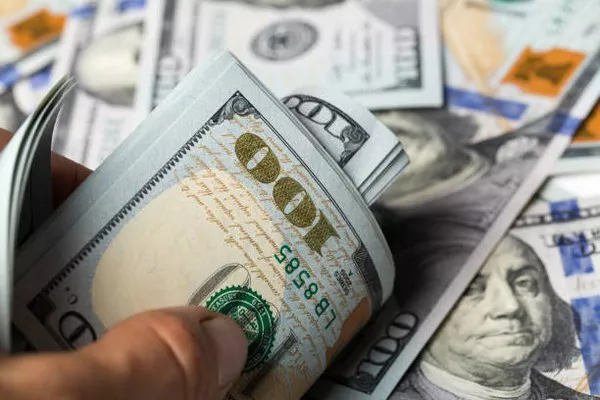In the realm of international trade and finance, the US dollar has long reigned supreme as the world’s primary reserve currency. However, with the shifting dynamics of the global economy and geopolitical landscape, questions have emerged about the future of the dollar’s dominance and what currency might replace it on the global stage.
The Quest for a New Global Currency
The rise of emerging economies, the growing interconnectedness of markets, and concerns around the stability of the US economy have fueled discussions about the need for a new global reserve currency. While no currency has yet emerged as a clear frontrunner, several contenders have been proposed as potential alternatives to the US dollar.
The Euro: A Prominent Challenger
Among the leading candidates to replace the US dollar is the euro, the common currency of the Eurozone. The euro benefits from representing a large economic bloc and enjoys widespread use in international trade and finance. However, the eurozone’s internal challenges, including economic disparities among member states and political uncertainties, have raised doubts about the currency’s ability to assume the role of a global reserve currency.
The Chinese Yuan: A Rising Star
Another contender in the race to replace the US dollar is the Chinese yuan. As the world’s second-largest economy and a major player in global trade, China has been working to internationalize its currency and promote its use in cross-border transactions. The inclusion of the yuan in the International Monetary Fund’s Special Drawing Rights (SDR) basket in 2016 marked a significant milestone in its journey towards becoming a global reserve currency.
Digital Currencies and the Future of Finance
In recent years, the rise of digital currencies has added a new dimension to the discussion on the future of global currency. Cryptocurrencies like Bitcoin and central bank digital currencies (CBDCs) have gained traction as potential alternatives to traditional currencies, offering the promise of faster, more efficient transactions and enhanced financial inclusion.
However, the volatility of cryptocurrencies and regulatory concerns surrounding their use have hindered their widespread adoption as a global reserve currency. CBDCs, on the other hand, present a more controlled and regulated form of digital currency that could potentially reshape the international monetary system in the years to come.
Challenges and Considerations
Replacing the US dollar as the world’s primary reserve currency is a complex and multifaceted endeavor that presents a myriad of challenges. Key considerations include the stability and credibility of the issuing country or region, the depth and liquidity of financial markets, and the willingness of other countries to adopt the new currency.
Moreover, the transition to a new global currency would likely face resistance from vested interests and geopolitical tensions, as the incumbent power seeks to maintain its dominance in the international financial system. Coordination among major economies and international institutions would be crucial to facilitate a smooth and orderly transition to a new global reserve currency.
The Future of Global Finance
As the global economy continues to evolve and new technologies reshape the financial landscape, the question of what currency will replace the US dollar remains a topic of debate and speculation. While the euro, the yuan, and digital currencies have emerged as potential contenders, the path to a new global reserve currency is fraught with challenges and uncertainties.
In the coming years, policymakers, economists, and market participants will need to navigate these complexities and work towards building a more resilient and inclusive international monetary system. Whether a new global currency will emerge to replace the US dollar remains to be seen, but one thing is certain: the future of global finance is destined to be shaped by ongoing innovations and shifting dynamics in the world economy.
See Also Is It Better To Pay In Euros Or Dollars Online
Although the future of global currency is uncertain, one thing is clear: the evolution of the international monetary system will be a topic of crucial importance in the years to come. As economies continue to interconnect and technologies advance, the quest for a new global currency to replace the US dollar will undoubtedly remain a central focus in the realm of international finance.


